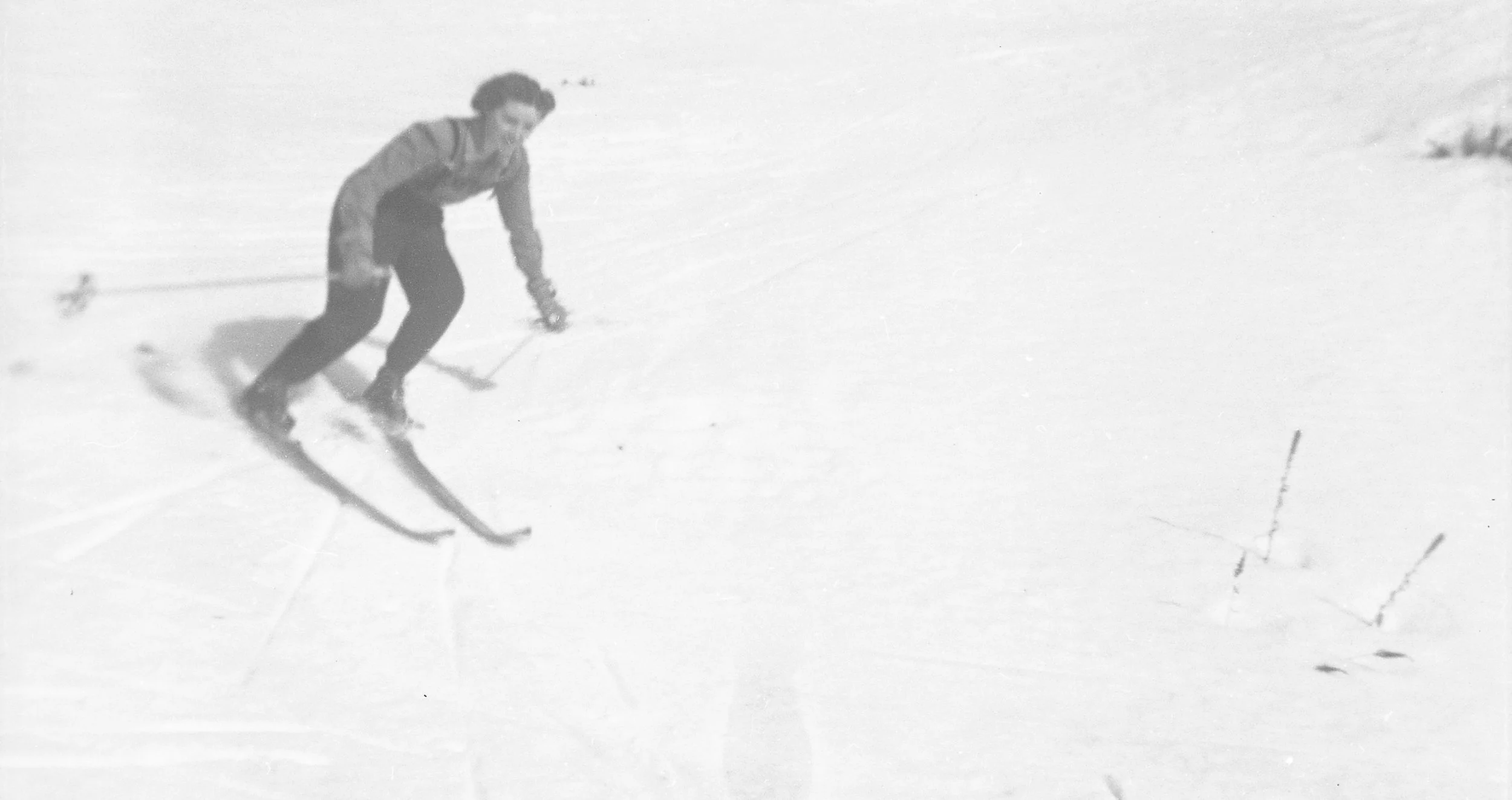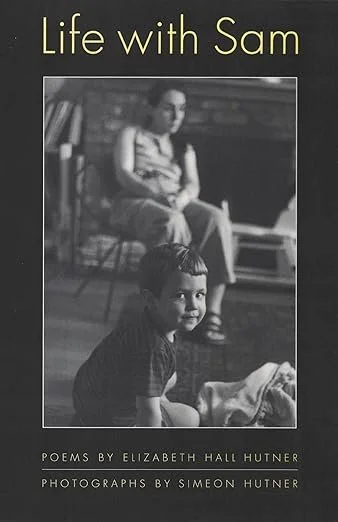
Traces of Time began without a plan. It started as a way of holding on after my father died and my mother, Frankie, was suddenly living alone in the mountains of Vermont. I didn’t know I was making a film. I only knew I didn’t want to lose her.
What emerged over years of filming wasn’t a grand narrative or a tidy portrait, but something else entirely: an arc of daily life, of aging, of caregiving, of the deep ordinariness and quiet grace that marked the last years of Frankie’s life.
Frankie was sharp, funny, fiercely independent — someone who took care of herself and everyone around her, including her dogs, her garden, her family. As her world grew more restricted, what remained was her presence — as she fed the animals, watched the birds, made dinner, and skied up the road by her house long after it was easy to do so. Throughout, even in the face of pain and suffering, she maintained the same optimism and humor that had carried her into her tenth decade of life.
This is a film about her presence. About the physical reality of time passing. About what it means to love someone not just in memory, but in practice. And, in the end, about how we hold on — and how we let go.
Traces of Time is the final part of a trilogy of personal works about my family. It follows Life with Sam, a book I created with my sister Liz about the loss of her six-year-old son to leukemia, and My Brother, Nathaniel, a short film about my older brother’s life with schizophrenia. Each project began as a way to make sense of love, grief, and the passage of time — and each, in its own way, became an act of preservation.
I began filming my mother, Frankie, a few years after my father died, as a way of holding on to her. Over the years, the camera allowed us to spend more time together and talk about things we wouldn’t have otherwise addressed. Editing the footage later, I realized the film wasn’t just about her life, but about what we shared in those final years — what it meant to bear witness, to care for someone at the end of their life, and to confront that impermanence with presence. And that doing all this was a way of expressing an unconditional love I was never able to adequately express in words.
I've screened the rough cut of the film for feedback, and I’ve been moved by how often it stirs memories in viewers— reminders of their own parents, or moments they wish they’d held onto. The responses have often been emotional, and have reminded me how a deeply personal, intimate story can resonate with viewers and open a space for thoughts and memories about their own lives.
MY BROTHER, NATHANIEL
